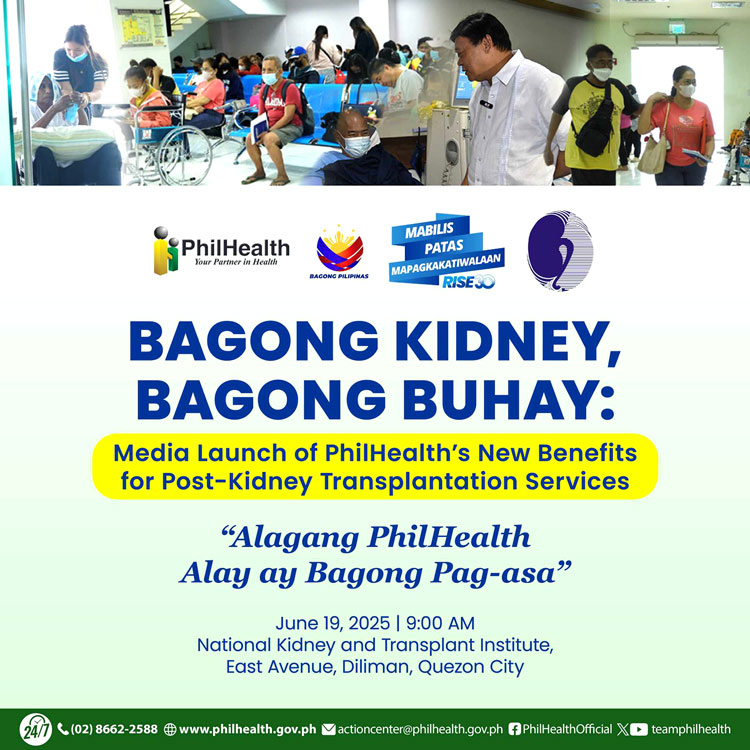Decades after Ottawa legalized abortion, few hospitals with historic Catholic ties perform them — raising the question of whether the courts will force publicly funded health institutions to offer physician-assisted suicide when it becomes legal in Canada.
A Providence Health Care memo circulating last week revealed the network of hospitals in Vancouver would not permit physician-assisted death, citing conformity with the ethical guidelines of the Catholic Health Alliance of Canada.
Those same guidelines also forbid abortion, except in cases where it’s performed to save the life of the mother.
Major hospitals across the country adhere to that principle — including St. Joseph’s and St. Michael’s hospitals in Toronto — and send women elsewhere for abortions. In fact, when St. Michael’s overtook parts of Wellesley Hospital in 1998, the Catholic institution stopped it from performing of the procedure and other surgical forms of birth control.
‘Rights are really going to be restricted’
“So if abortion is any indication, we will quietly accept it,” bioethicist Kerry Bowman said of the stance on physician-assisted death.
But the University of Toronto professor said this is not just a question of whether right to religious freedom trumps right to health care — it’s also about whether frail patients can access a public service.
“Most pregnant women are mobile and relatively young and can move around, but some of the people requesting physician-assisted dying … are seriously ill and less mobile,” he said. “If they’re in a remote area … their rights are really going to be restricted.”
Although the courts and the College of Physicians and Surgeons of Ontario recognize that individual practitioners can “conscientiously object” to following through with a procedure that violates their religious beliefs, Bowman said the debate becomes murkier when applied at the institutional level.
“I get it, the purpose of a Catholic institution is to adhere to Catholic beliefs and values,” he said. “But patients always come before institutional preferences or anything else — I think that has to be our guiding light.”
Neither the president nor the senior ethics director of the Catholic Health Alliance of Canada would agree to an interview about the organization’s position on physician-assisted dying.
Instead, president Michael Shea forwarded a statement that the alliance issued last week after a federal parliamentary committee issued its 21 recommendations for what the law governing physician-assisted death should include.
“Like many other organizations concerned about physician-assisted death, the Catholic Health Alliance of Canada is currently reviewing the report,” the statement said. “As the federal government carefully considers the report and begins to draft legislation, we will continue to work in humility and openness with all stakeholders to navigate this issue.”
Taxpayers ‘paid for it, they have a right to it’
That’s a sentiment echoed by the Right to Die Society of Canada.
Any hospital or clinic funded solely by the church can choose their own policies, the Toronto-based society’s president said, but those whose budgets depend on taxpayers are responsible to the full needs of the public.
“People pay taxes in the hope of receiving services which are deemed legal in their country at that time. Physician-assisted suicide will soon be one of these services and to disappoint these people is wrong,” Ruth von Fuchs said. “They expect it, they have paid for it, they have a right to it.”
It’s unclear, however, whether the provincial and territorial health ministries will support that position. British Columbia Health Minister Terry Lake indicated last week that he believes both the rights of patients and the beliefs of health-care providers can be accommodated. If the patient’s wish for end-of-life care conflicted with the institution’s religious beliefs, that patient could be transferred to another facility, he told CBC News.
Lake was, however, commenting specifically on the issue of the Vancouver health-care network and did not speak to what might happen in rural situations.
A spokesman for Ontario Health Minister Eric Hoskins said it was too early to comment on what the province’s position would be, saying only that it is working closely with the College of Physicians and Surgeons before the law comes into effect in June, as anticipated.
However, the college regulates individual practitioners and not institutions, its spokeswoman said when contacted by CBC News. The college has advised individual doctors that they have the right to object to perform physician-assisted suicide, but they must provide the patient with an effective and timely referral — and to do so in a way without judgment.
Bowman questioned whether that could put practitioners in “objecting” hospitals in a vulnerable position; if they don’t object at the individual level, they might no longer be welcome to practice there.
But the bioethicist said he thinks either the court or the lawmakers will address those issues, either when the legislation is drafted or in a court challenge over a hospital refusing to offer the service.
And he said he agrees that a hospital that accepts public funding likely has a larger ethical obligation to accept the public responsibilities attached.
“But then again, in Canada, we do our best to respect people’s differences and opinions,” he said. “And to that end, we may just quietly accept that the Catholic institutions are just not going to be part of this.”( Laura Fraser)
Link: http://www.cbc.ca/news/health/physician-assisted-death-catholic-1.3468567



